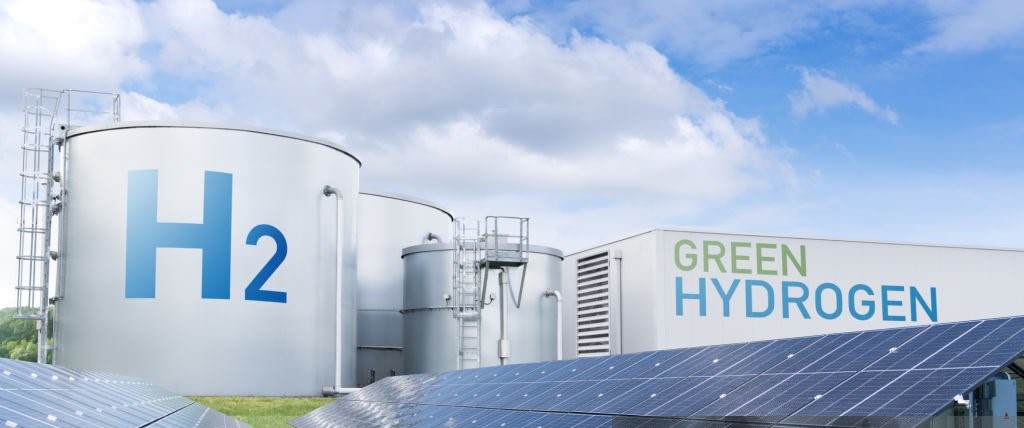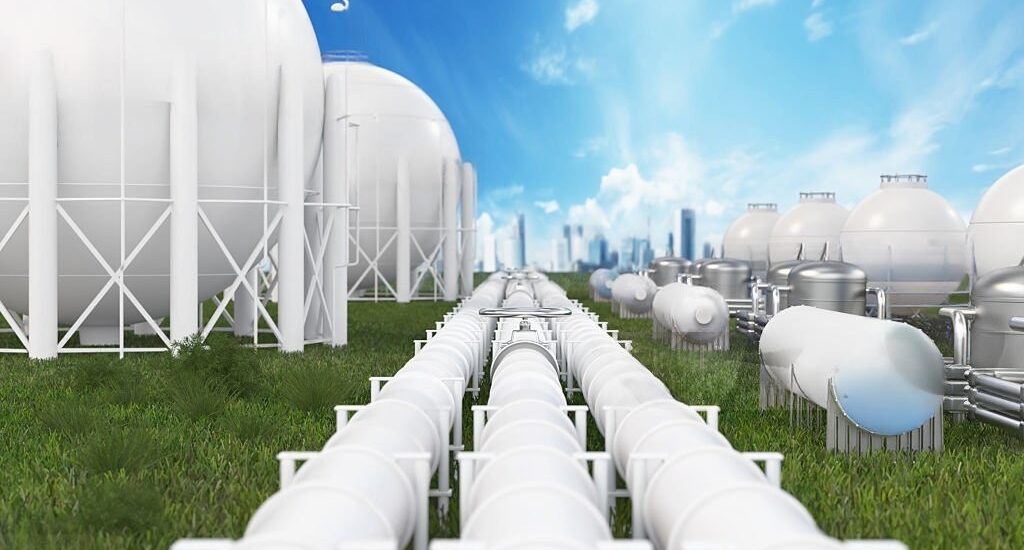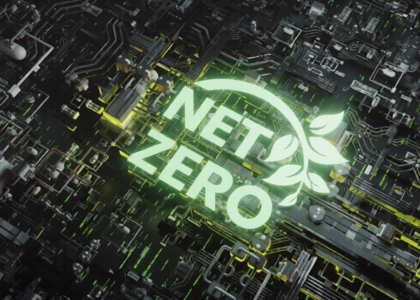As the world accelerates its transition away from fossil fuels, green hydrogen is emerging as one of the most promising solutions for a net-zero future. From powering industries to fueling transport and storing renewable energy, green hydrogen could reshape the global energy landscape.
But this new energy frontier has also sparked a global race: nations and corporations are competing to lead the way in technology, infrastructure, and markets. The question is — who’s winning, and why does it matter?
🌱 What Is Green Hydrogen?
Hydrogen is already widely used in fertilizers, refining, and industry — but most of it is “grey hydrogen,” produced from fossil fuels with heavy carbon emissions.
Green hydrogen is different:
✅ Produced by splitting water into hydrogen and oxygen using renewable electricity (solar, wind, hydro).
✅ No CO₂ emissions in the production process.
✅ Can be stored, transported, and used in hard-to-decarbonize sectors like steel, shipping, aviation, and heavy industry.
In short, it’s a clean energy game-changer.

🌍 Who’s Leading the Green Hydrogen Race?
Several regions are investing billions to position themselves as hydrogen superpowers:
🇪🇺 Europe
- Germany, Spain, Netherlands leading with large-scale hydrogen strategies.
- EU Hydrogen Strategy (2020) targets 10 million tonnes of renewable hydrogen by 2030.
- Major projects: Hydrogen Backbone pipeline, linking EU countries.
🇨🇳 China
- Investing heavily in hydrogen vehicles and industrial use.
- Building the world’s largest electrolyzers.
- Ties green hydrogen to its Made in China 2025 strategy.
🇸🇦 Middle East (Saudi Arabia, UAE, Oman)
- Huge investments in solar-powered hydrogen plants.
- NEOM city project in Saudi Arabia → $5 billion green hydrogen facility (world’s largest).
🇺🇸 United States
- Biden’s Inflation Reduction Act (IRA) provides tax credits and incentives for green hydrogen.
- Aiming to cut hydrogen costs to $1/kg by 2030 through the Hydrogen Shot initiative.
🌍 Africa
- Namibia is positioning itself as a hydrogen hub, with European investment.
- South Africa investing in green hydrogen corridors for export.
- Morocco exploring partnerships with the EU.
- Nigeria & Kenya beginning to explore pilot projects.
⚖️ Why Green Hydrogen Matters
Green hydrogen is more than just an energy solution — it’s about climate justice, economic development, and energy security.
- 🌱 Climate Action → Decarbonizes industries that solar and wind can’t fully reach.
- 🌍 Energy Security → Reduces dependence on oil and gas imports.
- 💼 Economic Growth → Could create 30 million jobs globally by 2050.
- ⚡ Grid Flexibility → Stores excess renewable energy for when the sun doesn’t shine or the wind doesn’t blow.
🚨 The Challenges Ahead
Despite the hype, hurdles remain:
- 💰 High costs of electrolyzers and renewable power.
- 🔋 Storage & transport difficulties — hydrogen is tricky to handle.
- 🏭 Infrastructure gaps — pipelines, refueling stations, industrial adoption.
- ⚖️ Equity concerns — risk of “green colonialism,” where developing countries export hydrogen without benefiting locally.
🌎 Africa’s Role in the Hydrogen Future
With abundant sun and wind resources, Africa could become a green hydrogen powerhouse. But to avoid being just an exporter, African nations must:
✅ Develop local industries (steel, fertilizers, transport) powered by hydrogen.
✅ Ensure community benefits (jobs, energy access, equity).
✅ Forge strategic partnerships that prioritize sustainability over extraction.
🔗 Final Thoughts
The green hydrogen race isn’t just about who wins — it’s about whether the world can transition fairly and effectively to a clean energy future.
At SustainabilityUnscripted, we believe hydrogen must be developed with a focus on equity, innovation, and long-term climate justice.
The choices we make today will decide if green hydrogen becomes a true engine of sustainability, or just another missed opportunity.







